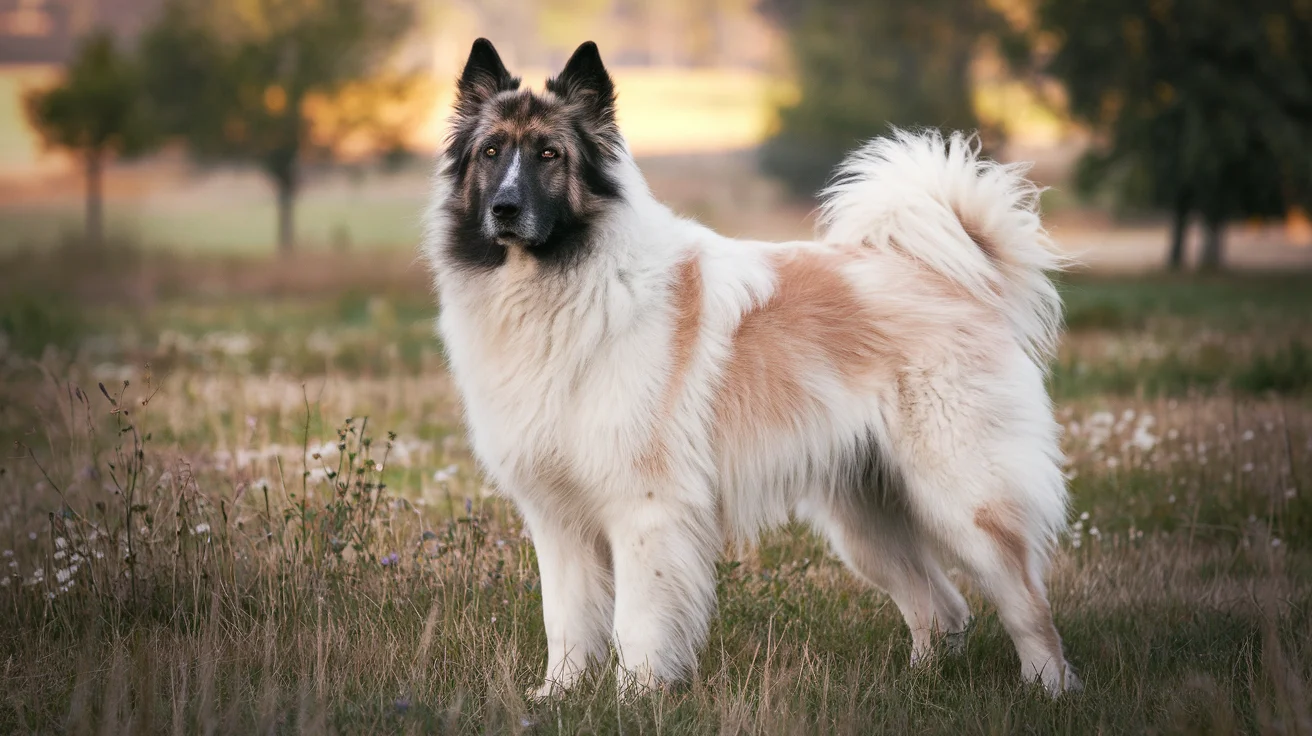Anatolian Shepherds are renowned for their strength, loyalty, and protective nature.
However, like all breeds, they come with specific health concerns that every owner should be aware of.
Understanding these health issues is crucial for ensuring your Anatolian Shepherd lives a long, happy, and healthy life.
A Little Bit About The Anatolian Shepherd Breed
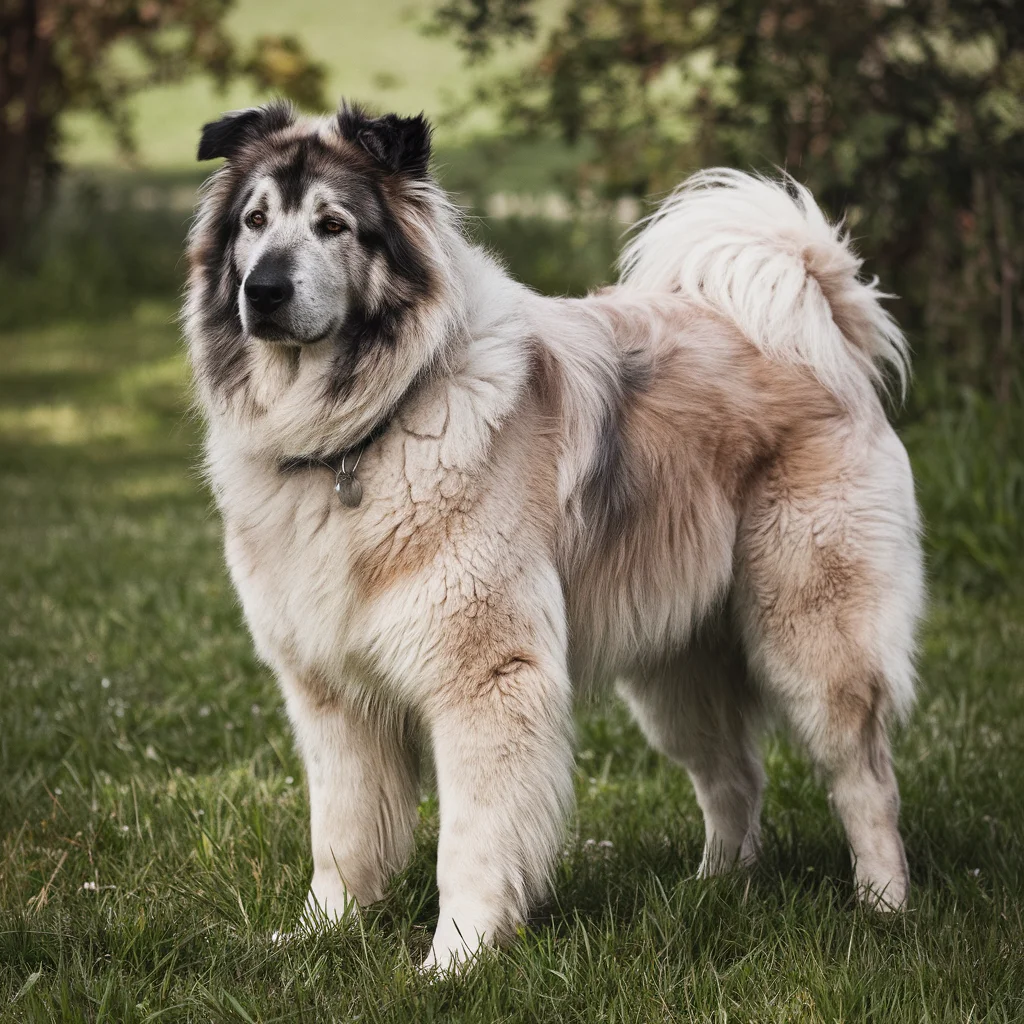
The Anatolian Shepherd is a remarkable breed that has been serving humans for centuries.
Known for their impressive size and endurance, these dogs can weigh between 90 to 150 pounds, with males typically larger than females.
Their coat, which can be short or long, comes in a variety of colors, including fawn, brindle, and white.
History and Origin
Anatolian Shepherds trace their roots back to ancient Turkey, where they were bred to protect livestock from predators like wolves and bears.
Their keen instincts and strong physical attributes made them indispensable to farmers.
Over the years, they’ve transitioned into family pets while still retaining their guardian instincts.
Physical Traits and Temperament
These dogs are muscular and agile, designed for strength and endurance. Their calm demeanor and intelligence make them trainable, but they often require a firm, experienced handler.
Anatolian Shepherds are protective of their families and can be wary of strangers, making them excellent watchdogs.
Main Health Issues in Anatolian Shepherds
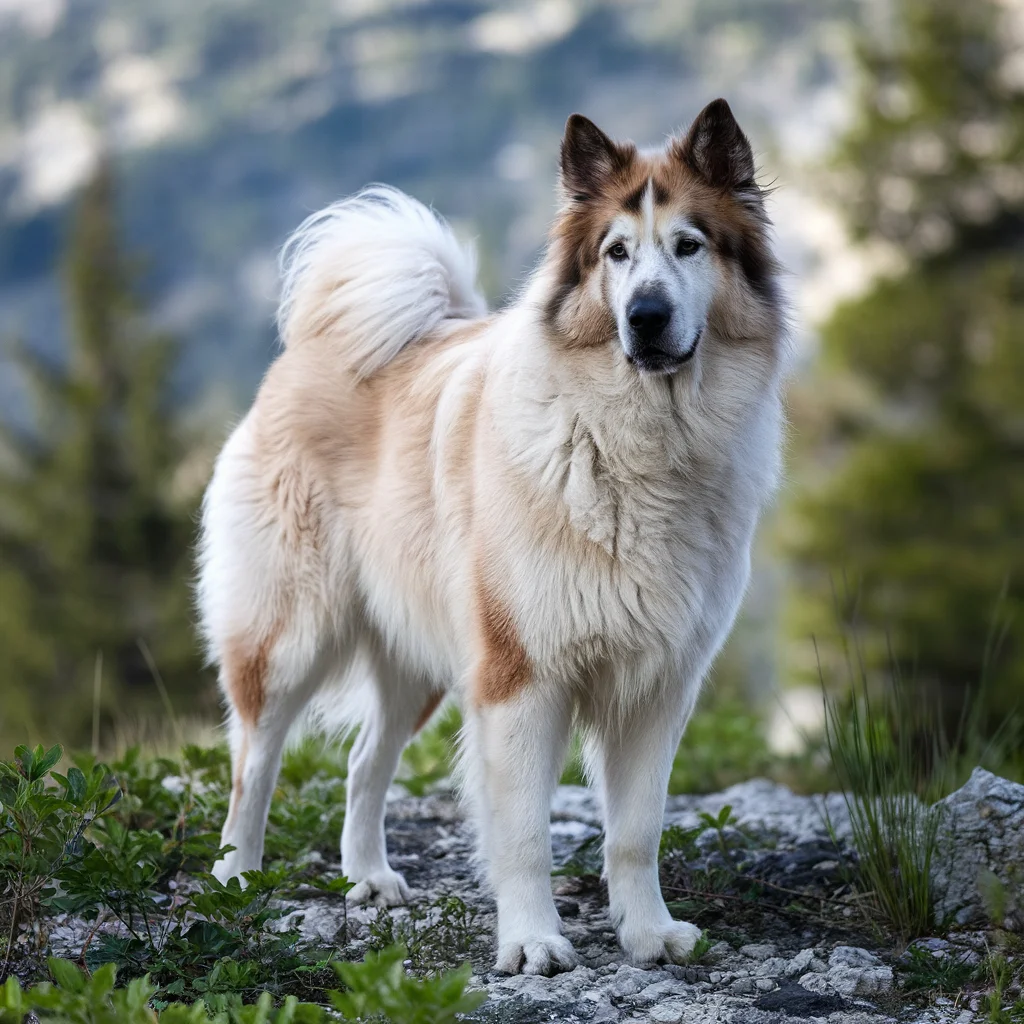
Despite their impressive qualities, Anatolian Shepherds are prone to certain health issues that can impact their quality of life.
Awareness of these conditions will empower you as an owner to take proactive steps in managing your dog’s health.
Hip and Elbow Dysplasia
Hip and elbow dysplasia are common orthopedic conditions in many large breeds, including the Anatolian Shepherd.
What It Is
Dysplasia refers to the abnormal development of the hip or elbow joint, leading to arthritis and joint pain over time.
This genetic condition can result in significant discomfort and mobility issues.
Symptoms
- Limping: Inconsistent or noticeable limping during movement.
- Difficulty Rising: Hesitation or difficulty getting up after resting.
- Stiffness: Noticeable stiffness, especially after exercise.
Prevention and Management
- Genetic Screening: Work with breeders who perform health screenings.
- Weight Management: Keeping your dog at a healthy weight reduces stress on joints.
- Regular Vet Check-ups: Early detection can lead to more effective management.
Cardiomyopathy
Cardiomyopathy is a serious heart condition that affects the heart muscle, leading to reduced efficiency in pumping blood.
What It Is
This condition can be inherited or develop over time, causing symptoms like fatigue and coughing. In severe cases, it can lead to congestive heart failure.
Symptoms
- Coughing: Persistent cough, particularly after exertion.
- Lethargy: Decreased interest in activities.
- Rapid Breathing: Increased respiratory rate, even at rest.
Treatment Options
- Medications: Diuretics and ACE inhibitors can help manage symptoms.
- Regular Check-ups: Monitoring heart health through veterinary exams and echocardiograms.
Autoimmune Thyroiditis
Autoimmune thyroiditis is a condition where the immune system attacks the thyroid gland, leading to hormonal imbalances.
What It Is
This condition is common in Anatolian Shepherds and can lead to hypothyroidism if not managed properly.
Symptoms
- Weight Gain: Unexpected weight increase despite normal eating.
- Poor Coat Condition: Dull, thinning fur or excessive shedding.
- Behavioral Changes: Increased lethargy or depression.
Management
- Thyroid Testing: Regular blood tests to monitor thyroid levels.
- Hormone Replacement Therapy: Lifelong medication to regulate thyroid function.
Bloat (Gastric Dilatation-Volvulus)
Bloat, or Gastric Dilatation-Volvulus (GDV), is a life-threatening condition that can affect large breeds.
What It Is
Bloat occurs when the stomach fills with gas and twists, cutting off blood supply. This condition requires immediate veterinary intervention.
Symptoms
- Swollen Abdomen: Noticeable distension in the stomach area.
- Restlessness: Signs of discomfort or pacing.
- Attempts to Vomit: Inability to produce vomit despite the effort.
Preventive Measures
- Feeding Practices: Avoid feeding large meals at once; consider multiple smaller meals.
- Post-Meal Activity: Prevent vigorous exercise immediately after eating.
Entropion
Entropion is a hereditary eye condition where the eyelids roll inward, causing irritation to the cornea.
What It Is
This condition can lead to serious eye problems if not treated promptly.
Symptoms
- Squinting: Frequent squinting or rubbing of the eyes.
- Tearing: Excessive tearing or discharge.
- Redness: Inflammation around the eyes.
Treatment Options
- Surgical Correction: Corrective surgery is often necessary to prevent long-term damage.
Hypothyroidism
Hypothyroidism is a condition where the thyroid gland does not produce enough hormones.
What It Is
This hormonal imbalance can affect metabolism and overall health.
Symptoms
- Weight Gain: Unexplained increase in body weight.
- Lethargy: Reduced energy and activity levels.
- Skin Issues: Dry skin and hair loss.
Management Strategies
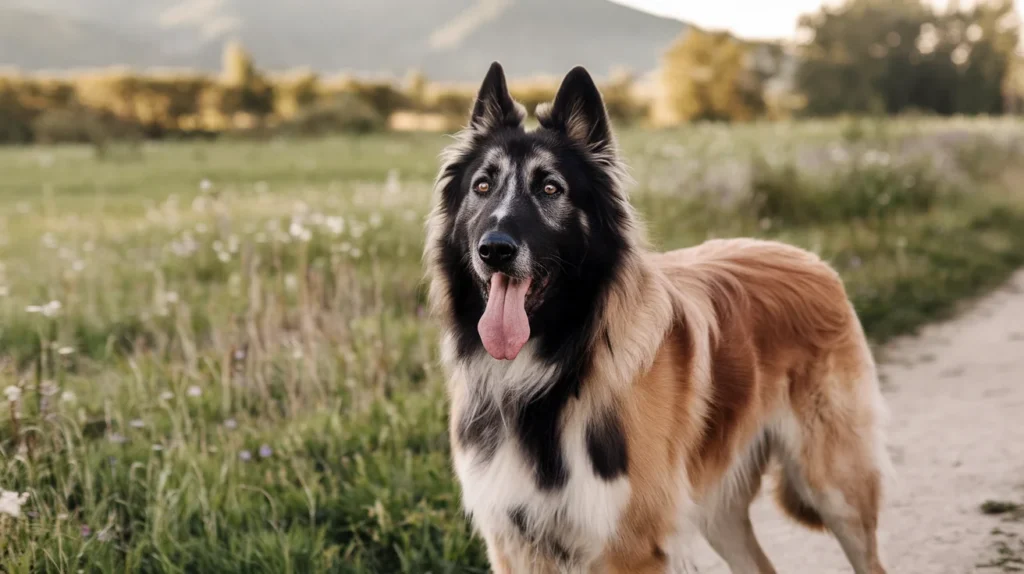
- Hormone Replacement Therapy: Lifelong medication to regulate hormone levels.
- Regular Monitoring: Ongoing blood tests to ensure hormone levels remain stable.
Degenerative Myelopathy
Degenerative Myelopathy is a progressive disease affecting the spinal cord, leading to paralysis.
What It Is
This condition is often compared to amyotrophic lateral sclerosis (ALS) in humans.
Symptoms
- Loss of Coordination: Difficulty in walking or maintaining balance.
- Weakness: Gradual weakness in the hind legs.
- Incontinence: Loss of control over bladder or bowel functions.
Supportive Care
- Physical Therapy: Rehabilitation exercises to maintain mobility.
- Assistive Devices: Harnesses or wheelchairs may help improve quality of life.
Allergies
Anatolian Shepherds can suffer from various allergies, including food and environmental triggers.
Types of Allergies
- Food Allergies: Reactions to certain proteins or grains.
- Environmental Allergies: Pollen, dust mites, and mold.
Symptoms
- Itching: Persistent scratching or licking.
- Digestive Issues: Vomiting or diarrhea.
- Ear Infections: Frequent ear infections or discomfort.
Management
- Elimination Diets: Identify and remove allergens from the diet.
- Medications: Antihistamines or corticosteroids to manage symptoms.
Parasites
Parasites can pose significant health risks to Anatolian Shepherds, affecting their overall well-being.
Common Types of Parasites
- Fleas and Ticks: Can cause skin issues and transmit diseases.
- Worms: Intestinal worms like roundworms and heartworms can lead to serious health complications.
Symptoms of Infestation
- Weight Loss: Unexplained weight loss or failure to thrive.
- Lethargy: Decreased energy levels.
- Digestive Disturbances: Vomiting or diarrhea.
Preventive Care
- Regular Vet Visits: Schedule routine examinations and parasite screenings.
- Preventive Medications: Use flea, tick, and deworming products as recommended by your veterinarian.
What Is the Life Expectancy of an Anatolian Shepherd?
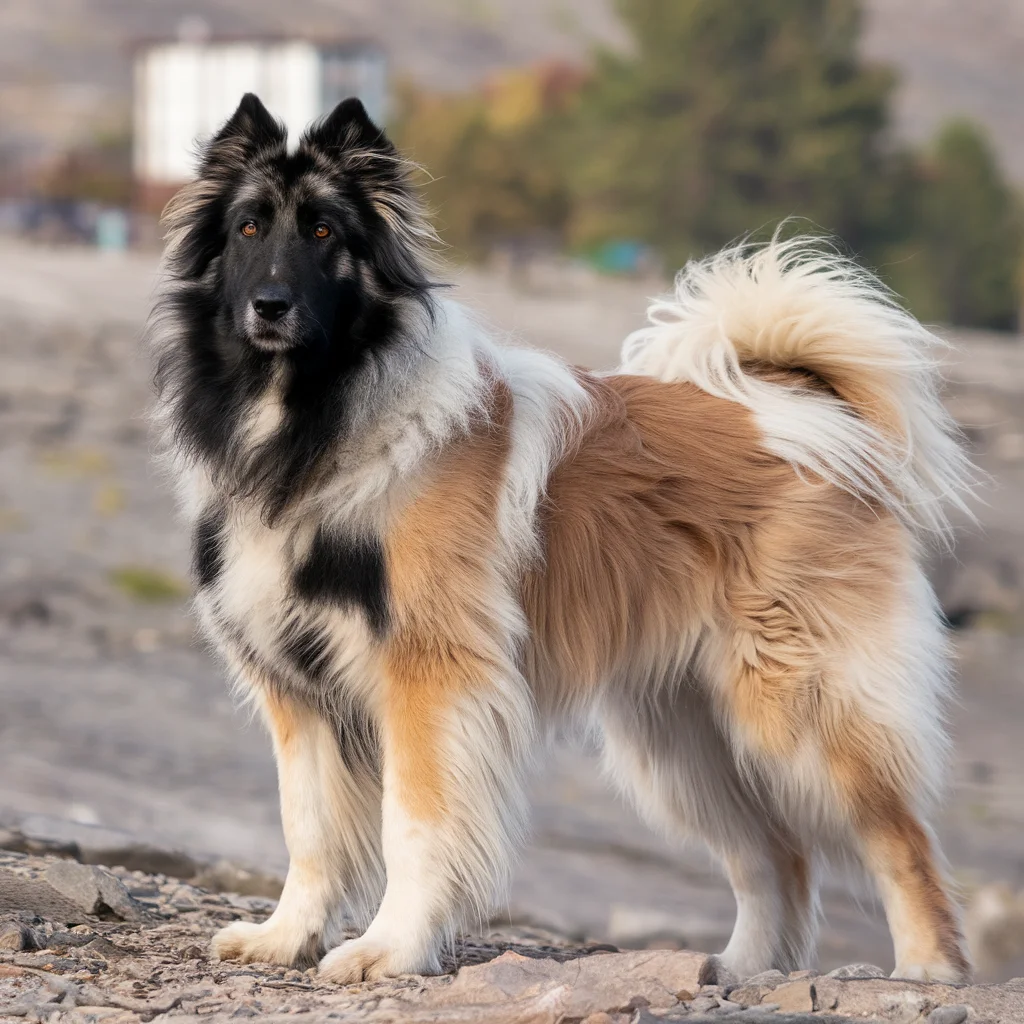
The life expectancy of an Anatolian Shepherd typically ranges from 10 to 13 years. Various factors can influence this range, including genetics, diet, exercise, and healthcare.
Regular veterinary visits and proactive management of health issues can contribute to a longer, healthier life.
Factors Affecting Longevity
- Diet: High-quality nutrition is essential for overall health.
- Exercise: Regular physical activity helps maintain a healthy weight and strong muscles.
- Veterinary Care: Routine check-ups and vaccinations are crucial for early detection and prevention of diseases.
Signs Your Anatolian Shepherd Is Not Feeling Well
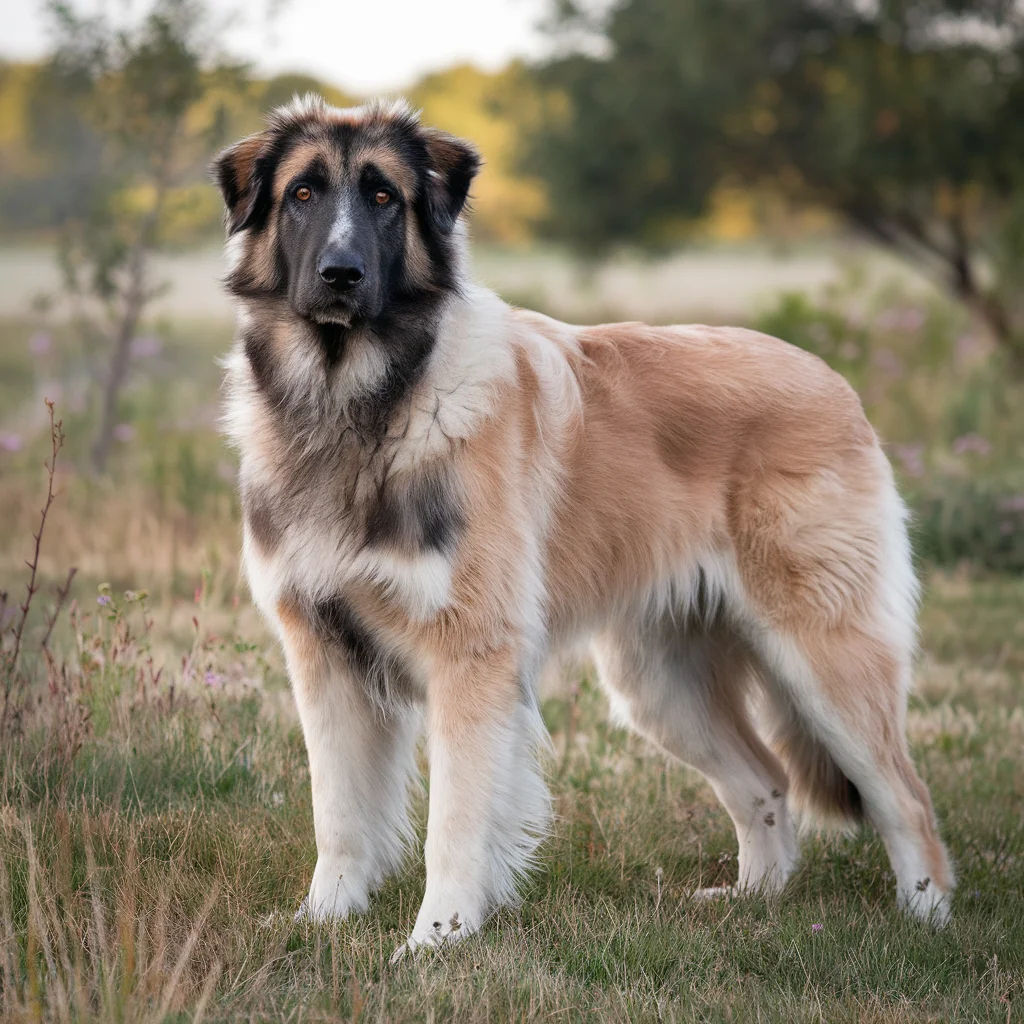
Recognizing when your Anatolian Shepherd is unwell is crucial for timely intervention. Some common signs include:
Behavioral Changes
- Lethargy: A noticeable decrease in energy and enthusiasm.
- Aggression or Anxiety: Increased irritability or signs of distress.
Physical Symptoms
- Vomiting or Diarrhea: Frequent gastrointestinal upset.
- Coughing or Sneezing: Persistent respiratory issues.
When to Seek Help
If you notice any of these symptoms, especially if they persist for more than a day or worsen, consult your veterinarian promptly. Early diagnosis can lead to better outcomes and more effective treatment.
Conclusion
Understanding the health issues that can affect Anatolian Shepherds is vital for responsible ownership.
By being aware of conditions like hip and elbow dysplasia, cardiomyopathy, and others, you can take proactive measures to ensure your dog remains healthy and happy.
Additional Resources
For more in-depth information about caring for Anatolian Shepherds and managing their health issues, consider consulting your veterinarian or exploring reputable online resources.
